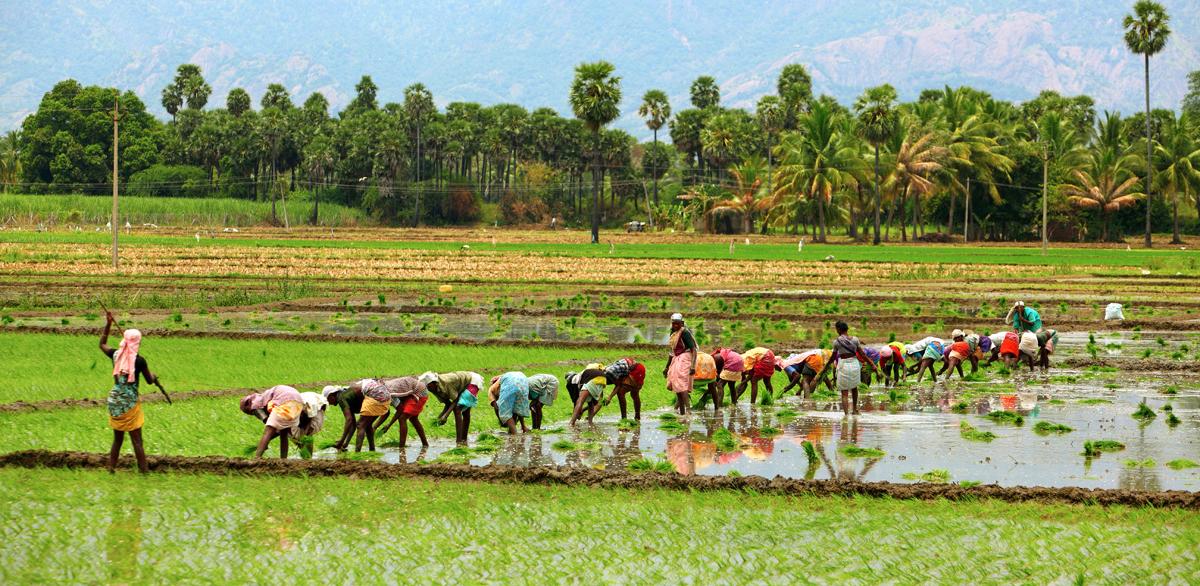TIGR2ESS members can log in to view and download template application forms and programme-related guidance.

The six Flagship Projects
The TIGR2ESS programme is built around six Flagship Projects.
- FP1: Sustainable and Transformative Agrarian and Rural Trajectories (START);
- FP2 Crop Sciences: Water use and Photosynthesis;
- FP2a: Improving Water Use and Yield Stability in Millet and Sorghum;
- FP2b Crop Sciences: Enhancing Photosynthesis;
- FP3: Heat and Drought Resilience in Wheat;
- FP4: Water use and Management in a Changing Monsoon Climate;
- FP5: Supply Chains: modelling water use for sustainable livelihoods;
- FP6 Impacting Wellbeing in Rural and Urban Communities: Education, Empowerment and Entrepreneurship leading to improved Human Nutrition;
- FP6a Education Food, Nutrition and Empowerment (EFNE);
- FP6b Education, Employment, Empowerment and Entrepreneurship (4E);
- Cross-cutting FP6 projects are the Mobile Teaching Kitchens and the Innovation Farm model.
Capacity strengthening, outreach and engagement
As well as carrying out research activities, all six Flagship Projects are engaged in an extensive programme of training workshops and educational outreach activities in India, including regional rural surveys, gender empowering activities, extension workshops, on-farm demonstrations and mobile teaching kitchens.

